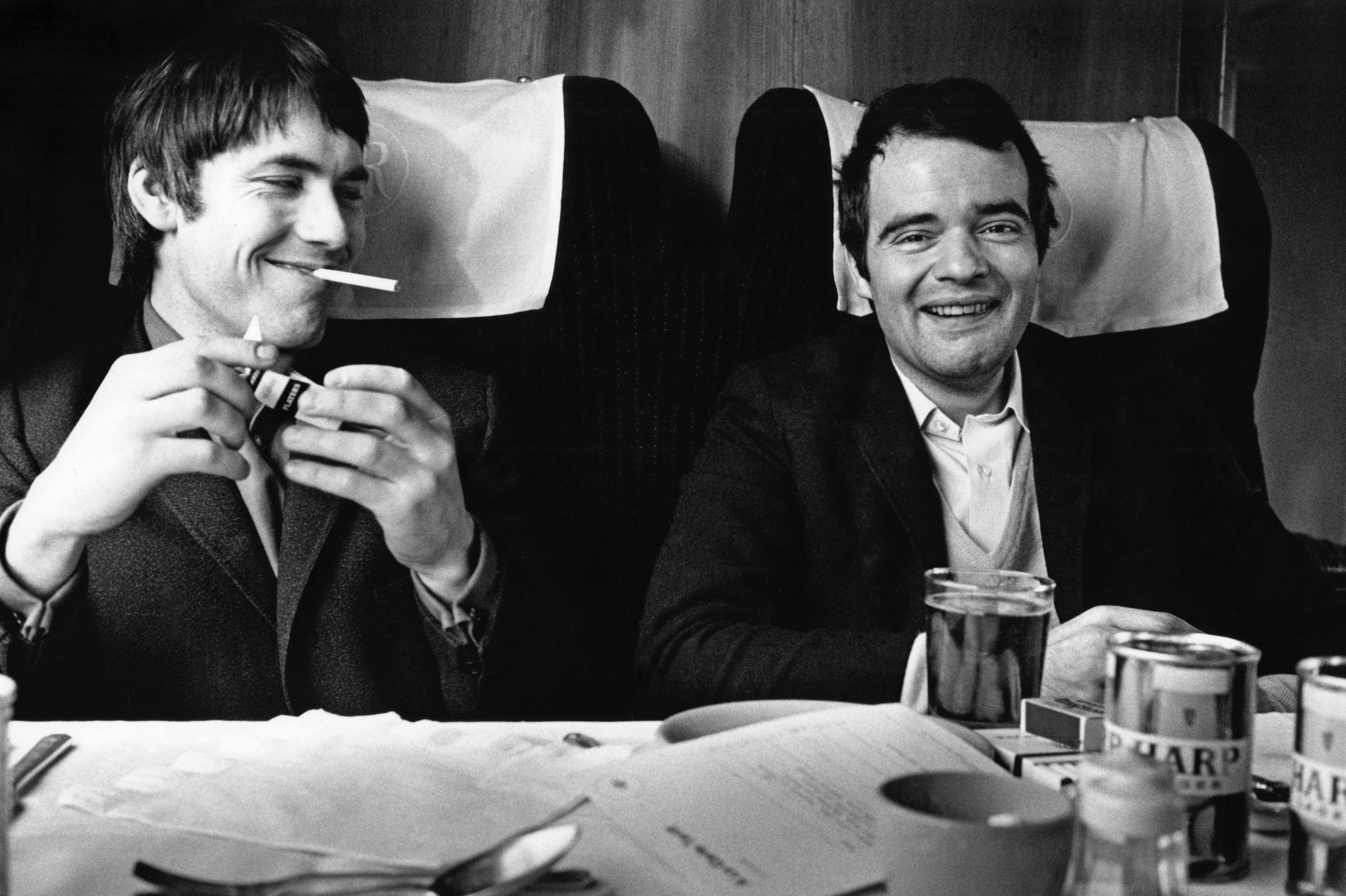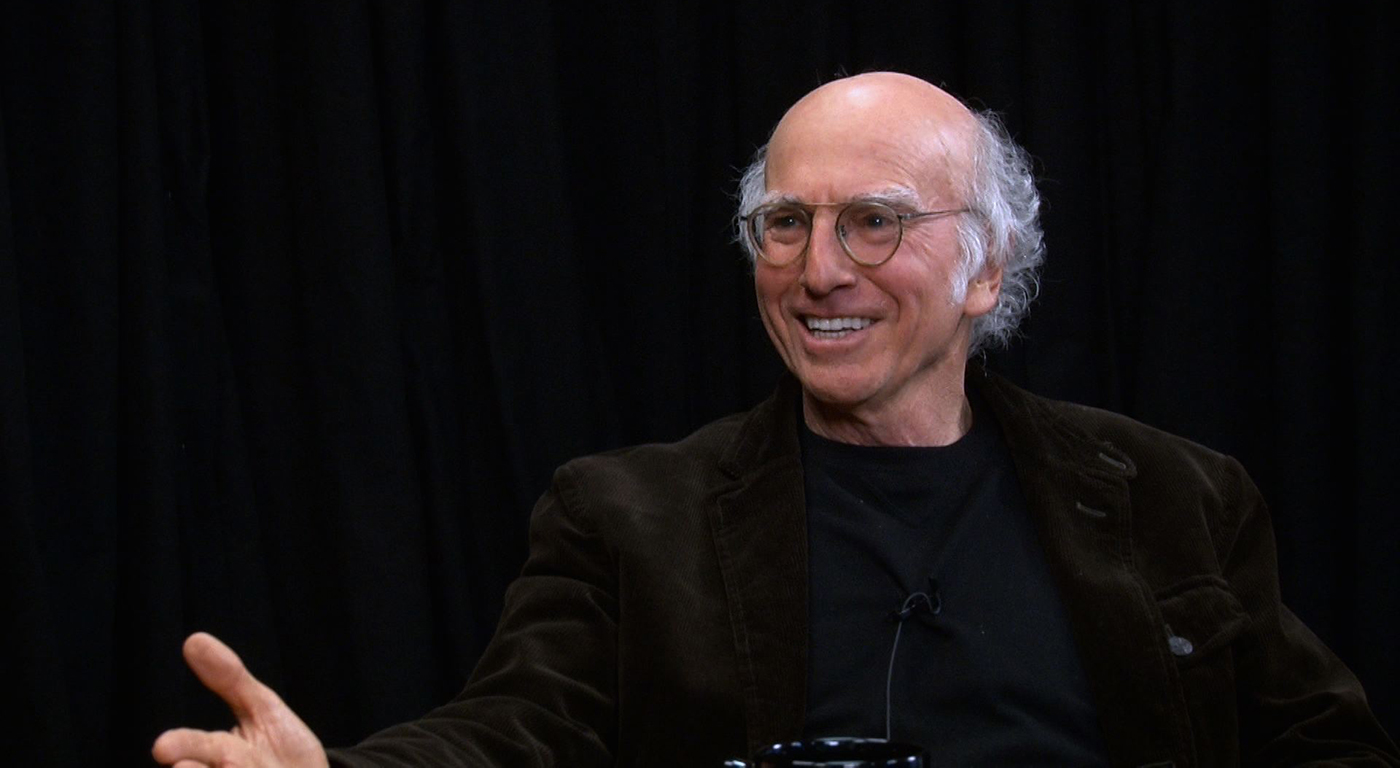WHEN TOM TYKWER talked to Seattle audiences at the SIFF premiere of his high-energy hit Run Lola Run, he confessed that it started not with a story but with an image and an idea. “I really wanted to do a film about energy. So I had this image of a woman running and the story and the style and the actress followed.” By those standards, it’s an unqualified success, and SIFF audiences responded by voting it the Golden Space Needle award for Best Film. Run Lola Run is a high-octane pulse-pounder driven by style, speed, deviously clever flourishes, and a driving techno-beat—a film that moves so fast it almost breaks free of its limited orbit.
Run Lola Run
directed by Tom Tykwer
opens June 25 at Harvard Exit
It contains not so much a story as a premise. In short, sharp shots, Manni (Moritz Bleibtreu), a petty criminal with delusions of adequacy, spins a tale of an easy job turned into a nightmare. (He’s telling this story on the phone to his red-haired lover Lola [Franka Potente]). The gist is this: He has 20 minutes to come up with a missing 100,000 deutsche marks or the local mob boss will have him killed. Manni’s plan is to rob a local grocery, but Lola insists she can find the money herself and rushes out the door, the receiver left hanging in the air.
Tykwer spins Lola’s adventure in three different stories, parallel tales that differ not so much in choices made but time frames jogged by a few seconds. Like an Olympic event, the seconds and fractions of seconds that Lola gains or loses rushing down the stairs in the animated sequence that kicks off each episode change the domino effect of her headlong race against time in tiny details that grow into destiny-changing narrative swerves.
Run Lola Run takes off full throttle in a knock-out credits sequence: a doomsday cuckoo clock that ticks like a swinging sword of Damocles, a parade of lost souls that spells out the film’s title like a dazed marching band, mug shot credits, and the first appearance of animated Lola making her desperate dash. This creative energy-to-burn only slows up in a video-shot family psychodrama involving Lola, her banker father, and his mistress. It looks like a product of Dogma 95: The Celebration as sitcom interlude.
Otherwise, Tykwer never lets up. With the chance passing of a stranger, the camera lingers, and suddenly a flashing series of Polaroid-like portraits tracks characters’ destinies in an interlude lasting fewer than ten seconds. Black humor and near-supernatural events (like Lola’s glass-shattering scream) lace each episode, and repeated gags, like the rushing ambulance and the obligatory pane of glass, are twisted into intellectual slapstick.
The do-over premise of the film makes for playful variations on a theme, but it ultimately robs the picture of any dramatic weight. If they get to try it again until they get it right, what’s there to worry about? Nothing really, and for all its ingenuity and panache, it ends with an anti-climactic thud.
But for Tykwer, that’s beside the point. Lola is an exercise in kinetic possibilities posing as a thriller, a cinematic rollercoaster that gives audiences the ride of their lives without them having to invest in anything as mundane as a story. It’s an exhilarating adrenaline rush of clever ideas and ingenious sequences—the kind of film that’ll leave you unmoved but pleasantly exhausted.







